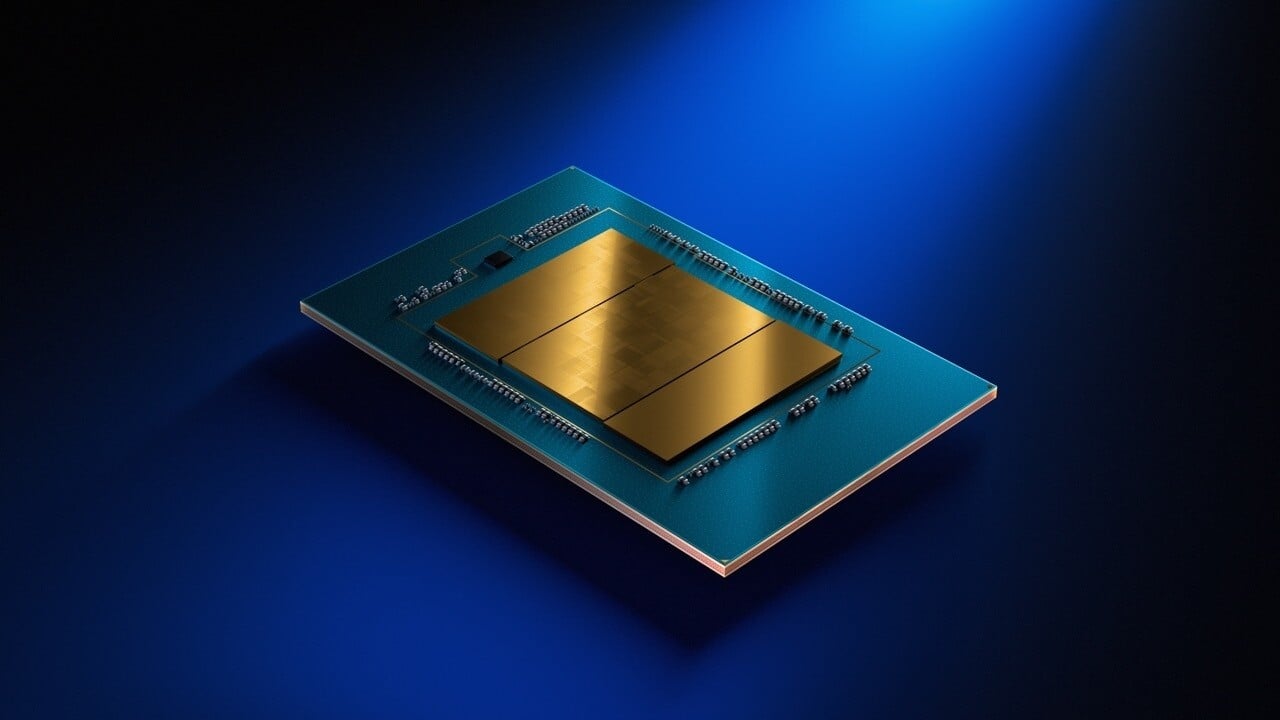
Intel unveils Xeon 6 processors for AI workloads: What's special?
What's the story
Intel has introduced the latest members of its Xeon 6 chip family, designed to meet the rising demands of artificial intelligence (AI), cloud computing, and enterprise workloads.
The new Xeon 6700/6500P series comes with performance cores (P-cores) that offer a massive boost in processing power over previous generations.
With this unveiling, Intel has completed the full rollout of its Xeon 6 processor family.
Processor diversity
A blend of performance and efficiency
The Xeon 6 chip family includes two separate product lines.
The P-core chips are designed for raw performance while the efficient-core (E-core) ones focus on energy efficiency, particularly in cloud environments.
This strategic move highlights Intel's focus on offering server-grade CPUs optimized for AI-driven computing, networking, and high-performance workloads.
Performance boost
Xeon 6 P-core processors: A leap in performance
The Xeon 6 P-core chips provide a massive performance leap, offering up to 1.4 times higher processing power than their predecessors.
Intel has emphasized its contribution to modernizing enterprise infrastructure with improved AI capabilities.
These advancements permit businesses to handle demanding workloads, from AI training and inferencing to virtualization and large-scale databases.
AI advancement
New chips set to revolutionize enterprise AI space
The new Xeon 6 processors are expected to offer double the AI processing speed of their predecessors, making them strong contenders in the enterprise AI space.
Intel also claims that businesses could slash their total cost of ownership by as much as 68% with server consolidation.
This makes these processors an attractive option for companies looking to optimize data centers.
Telecom focus
Xeon 6 SoC caters to telecom and networking businesses
With the Xeon 6 chips, Intel is also eyeing telecom and networking businesses, especially those looking to upgrade their infrastructure for 5G.
The integrated vRAN Boost technology promises up to 2.4 times more network capacity.
An integrated media transcode accelerator, which is claimed to be an industry first for server SoCs, further makes it an attractive option for telecommunications and media-heavy industries.